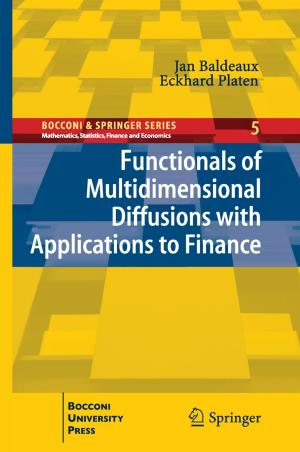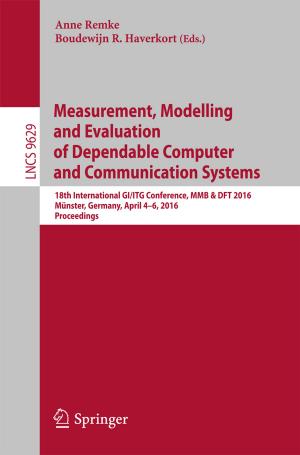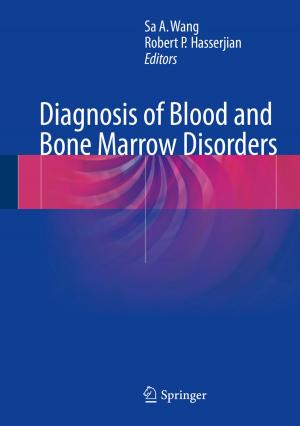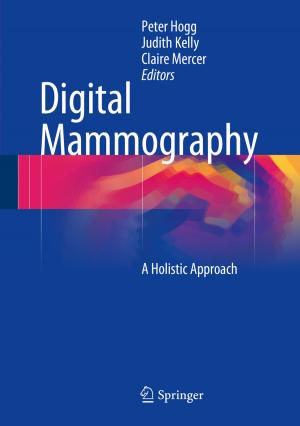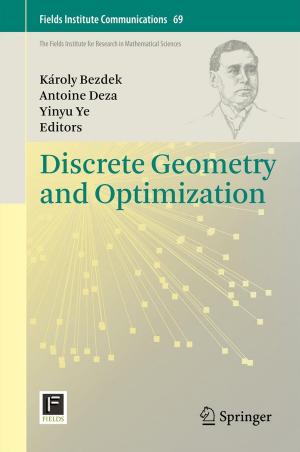Pulmonary Complications of Non-Pulmonary Pediatric Disorders
Nonfiction, Health & Well Being, Medical, Specialties, Pulmonary & Thoracic, Pediatrics| Author: | ISBN: | 9783319696201 | |
| Publisher: | Springer International Publishing | Publication: | February 13, 2018 |
| Imprint: | Humana | Language: | English |
| Author: | |
| ISBN: | 9783319696201 |
| Publisher: | Springer International Publishing |
| Publication: | February 13, 2018 |
| Imprint: | Humana |
| Language: | English |
This book presents a systematic approach to the potential pulmonary complications of various systemic non-pulmonary pediatric disorders. Chapters focus on the pulmonary complications associated with: the major organ systems, types of disorders, metabolic conditions, and various modalities. Although specific diseases will be discussed, the main focus will be on describing the associated organ mechanisms and how they can negatively affect the respiratory system. Each chapter will also discuss methods of prevention, the diagnostic test(s) that may be necessary to diagnose or monitor these complications, and, if applicable, the recommended therapeutic modalities. Pulmonary Complications of Non-Pulmonary Pediatric Disorders provides pulmonologists, pediatricians, and other clinicians with a detailed, reliable explanation of seemingly unrelated signs and symptoms so they can form a more thorough differential diagnosis and prescribe the appropriate diagnostic tests and treatment.
This book presents a systematic approach to the potential pulmonary complications of various systemic non-pulmonary pediatric disorders. Chapters focus on the pulmonary complications associated with: the major organ systems, types of disorders, metabolic conditions, and various modalities. Although specific diseases will be discussed, the main focus will be on describing the associated organ mechanisms and how they can negatively affect the respiratory system. Each chapter will also discuss methods of prevention, the diagnostic test(s) that may be necessary to diagnose or monitor these complications, and, if applicable, the recommended therapeutic modalities. Pulmonary Complications of Non-Pulmonary Pediatric Disorders provides pulmonologists, pediatricians, and other clinicians with a detailed, reliable explanation of seemingly unrelated signs and symptoms so they can form a more thorough differential diagnosis and prescribe the appropriate diagnostic tests and treatment.

